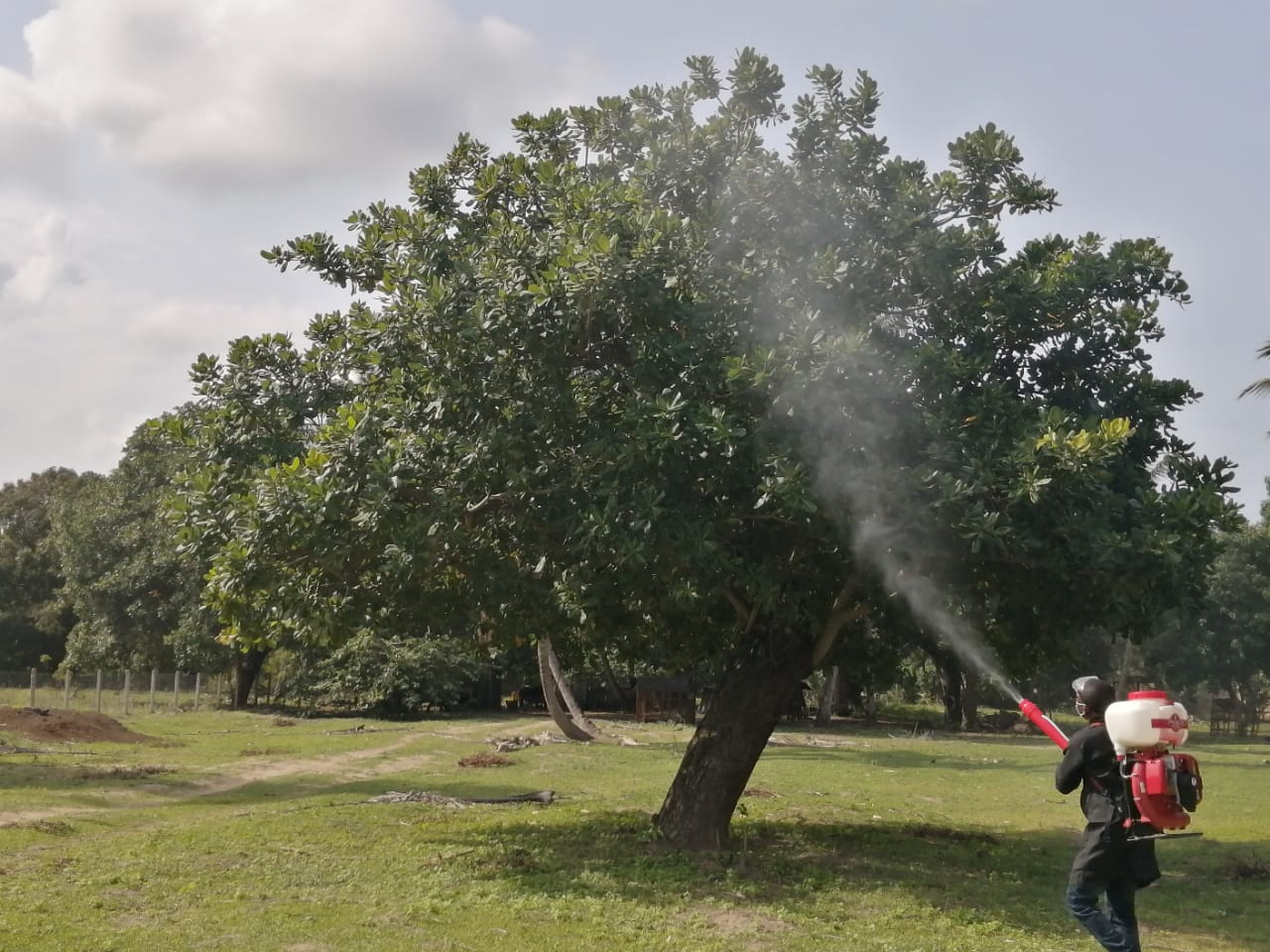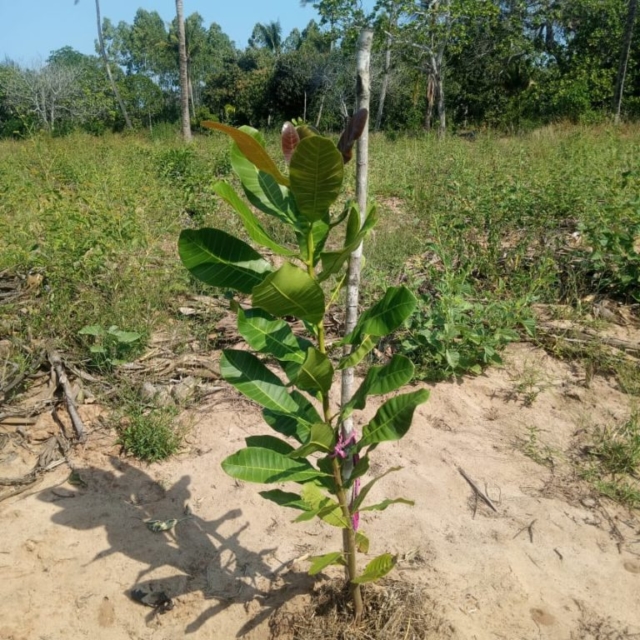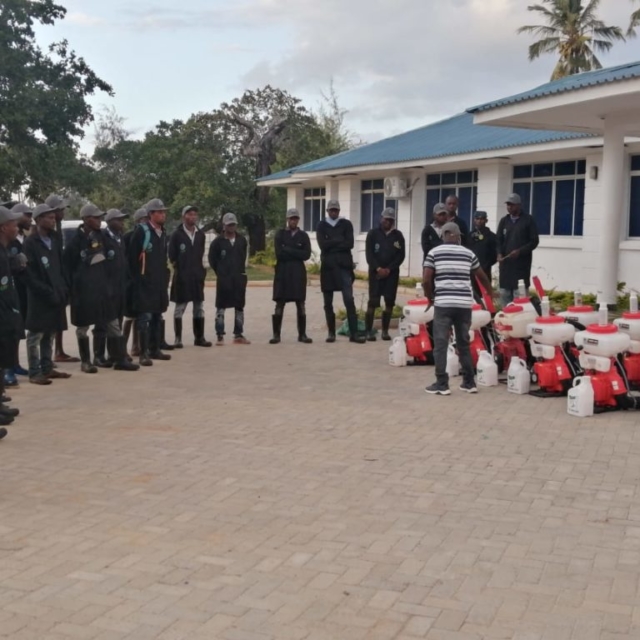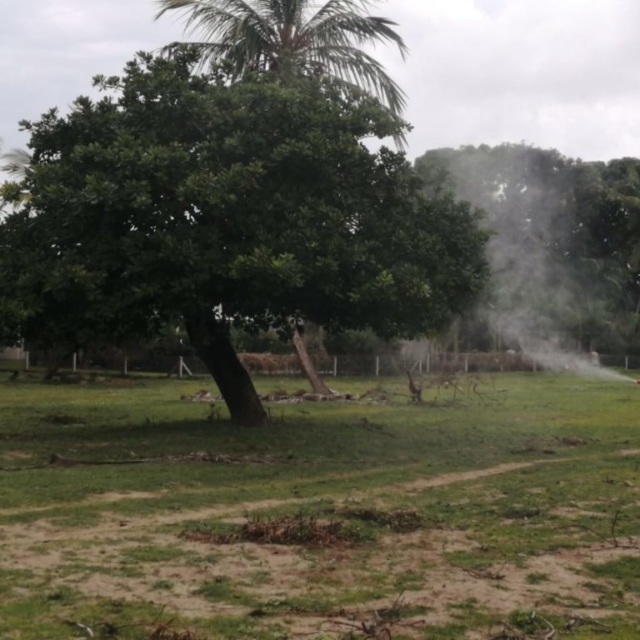
Matsangoni Cashew Tree Improvement Pilot Project
GOAL
Improving the production of 50,000 older cashew trees belonging to 1500 farmers through nutrition,
pest & disease control, and pruning; and improving market linkage for raw cashew nut.
LOCATION
Kilifi County, Kenya
DURATION-
2021
-
2021
FARMERS
1500
VALUE CHAINS
Cashew
PARTNERS
ETC Group (ETG), Kilifi County Government
FUNDING
USD 270,000
Matsangoni Cashew Tree Improvement Pilot Project
In late 2020, EFF held a landmark workshop in Kwale County along the coast of Kenya. This brought together stakeholders from the Ministry of Agriculture, administrative representatives from all the 6 coastal counties, NGOs, financiers, agro-dealers, and farmers. The question that was discussed over two days was the reasons behind the decline of Kenya’s cashew industry, and potential solutions for its revival. The result of this was the endorsement of EFF’s long-term strategic involvement along the Coast to attempt to bring back glory to Kenya’s cashew sector.
To kickstart, the Foundation designed and implemented a pilot aimed at evaluating the health status of the existing cashew trees, which number approximately 2 million as per the last census conducted in 2009. From May to November 2021, EFF conducted a baseline and onboarded 1,500 farming households in Matsangoni ward. Just over 50,000 older and largely unproductive cashew trees received targeted interventions that included regimens of administering fertilisers and agro-chemicals to tackle prevalent pests and diseases, About 25 youth from Matsangoni were trained in these interventions and provided the necessary equipment.
The results were remarkable: the targeted trees demonstrated a 25% improvement in productivity and overall nut quality. However, from the current low yields of cashew, it was also concluded that farmers could not always generate enough cash to afford the inputs and services required to look after their older trees. The decision was made to pivot to investing in new plantations and bringing in high yield variety seedlings from Tanzania, whose cashew is a globally prized commodity.





